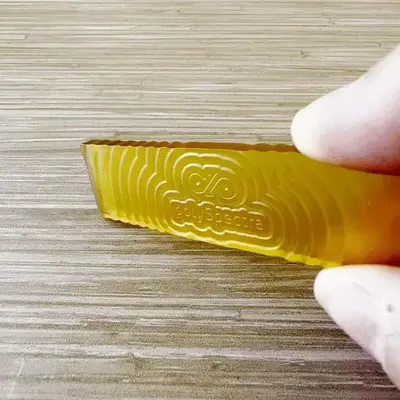What Does COR Alpha Mean? Understanding Its Significance
Definition
COR Alpha is a high-performance photopolymer resin developed by polySpectra, designed for use in additive manufacturing. This Cyclic Olefin Resin (COR) is known for its exceptional durability, toughness, and resistance to impact, chemicals, and high temperatures. COR Alpha is primarily used for producing end-use components in industrial applications, including automotive, aerospace, and consumer products.
Explain COR Alpha like I’m 5
Imagine you have a special kind of jelly that, when you shine a magic light on it, turns into super-strong plastic. You can use this jelly to make toys or tools that won’t break easily, even if you drop them or put them in hot water.
Why does this matter?
COR Alpha is significant because it addresses one of the biggest challenges in 3D printing: the brittleness of printed parts. Traditional 3D printing materials often break easily, but COR Alpha’s toughness and durability make it suitable for creating parts that can withstand real-world conditions. This opens up new possibilities for using 3D printing in production manufacturing, not just for prototyping.
Real Talk
While COR Alpha offers incredible durability and resistance to harsh conditions, it’s not without its challenges. The cost of the resin can be higher compared to traditional 3D printing materials, which might be a barrier for some users. Additionally, COR Alpha requires specific 3D printers that can handle its unique properties, limiting its compatibility. Despite these drawbacks, if you need parts that are tough and reliable, COR Alpha is a game-changer in the world of additive manufacturing.
